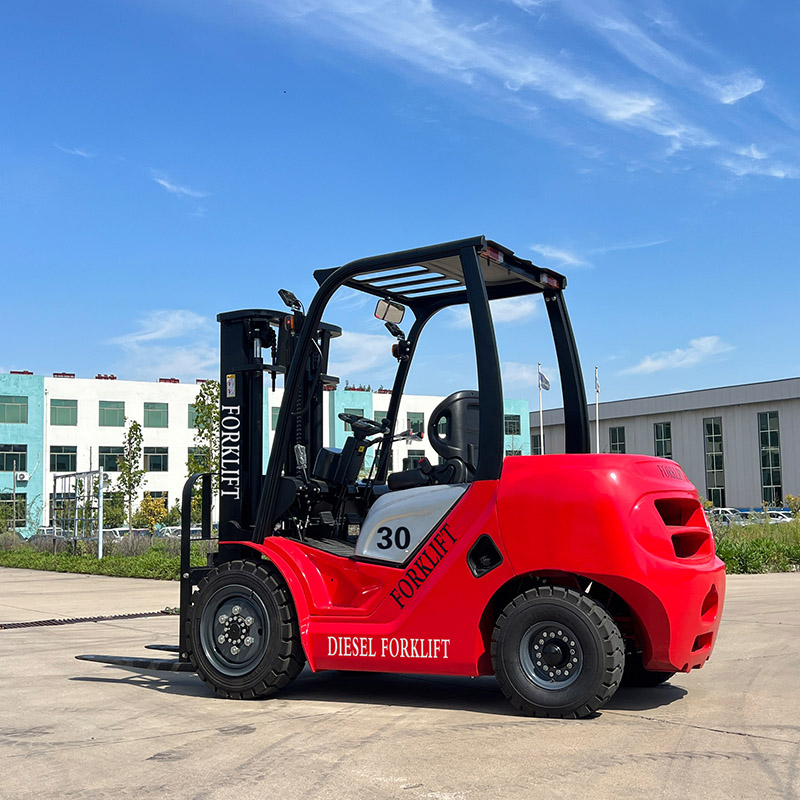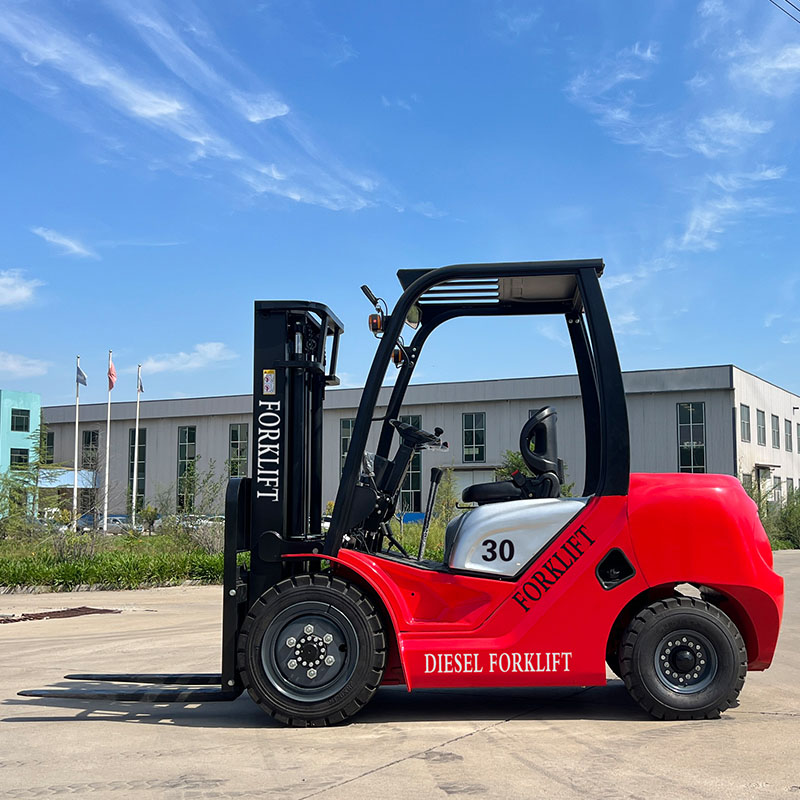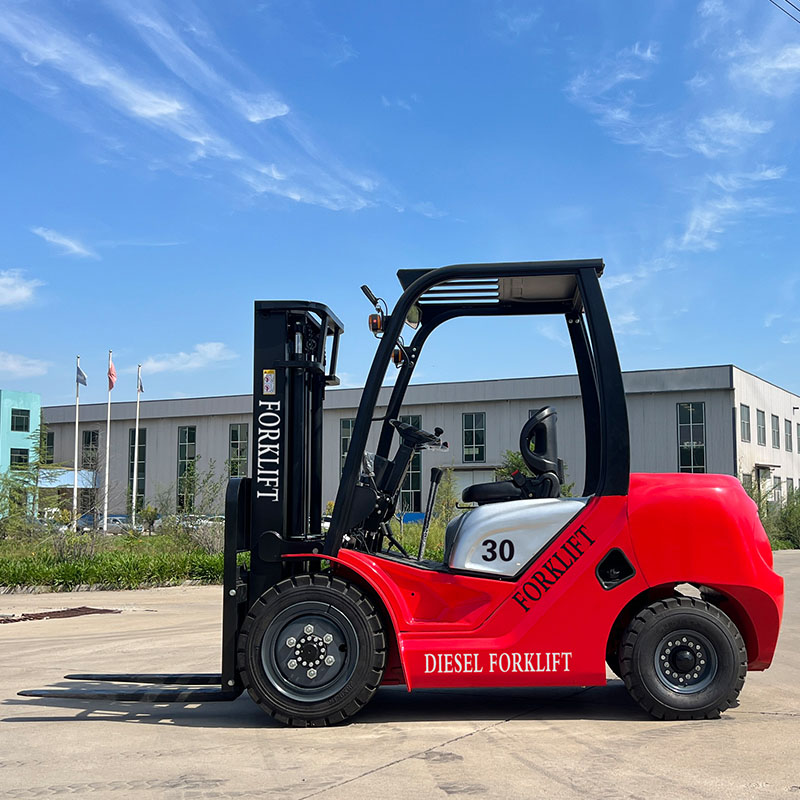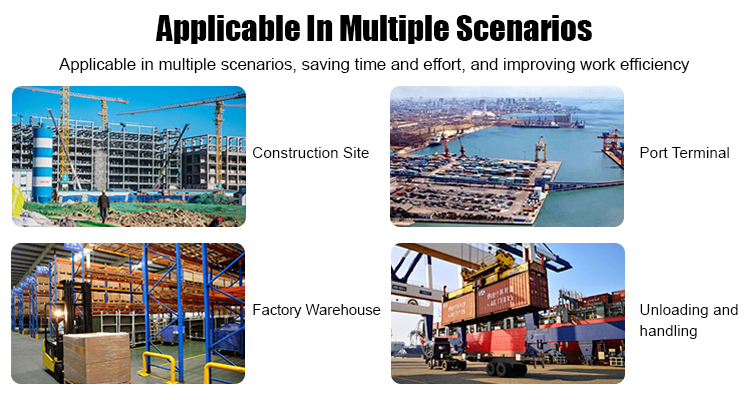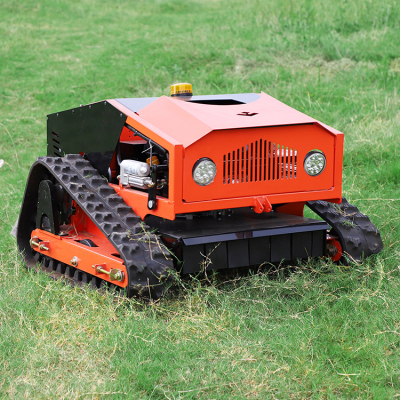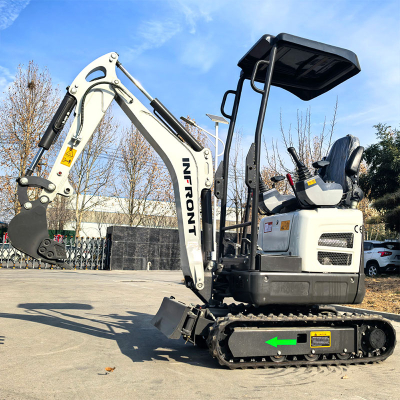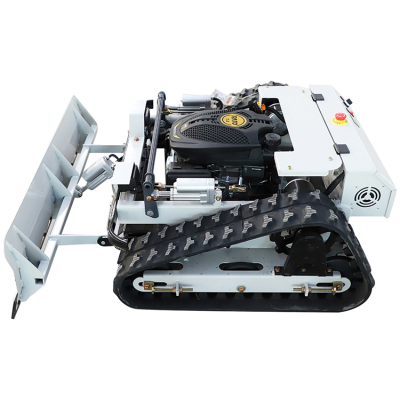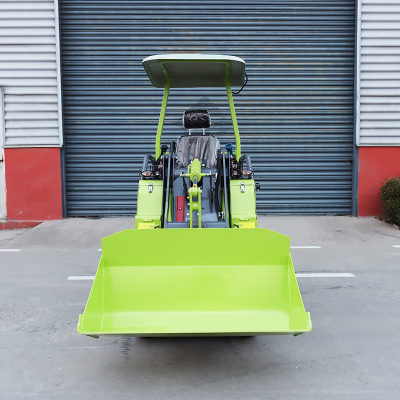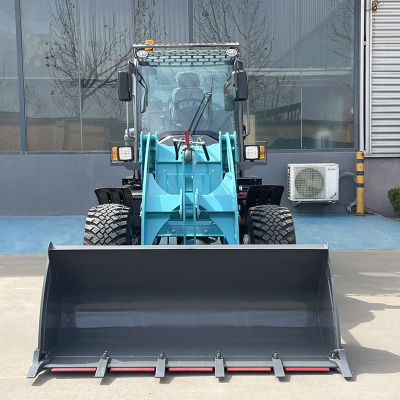Electric sit down forklift
Fuel-powered forklifts (typically including diesel, gasoline, and LPG forklifts) offer irreplaceable advantages in specific scenarios due to their power characteristics and environmental adaptability. Their core advantages can be summarized in five key dimensions: power performance, operating efficiency, environmental adaptability, maintenance costs, and load capacity. The details are as follows:
1. Powerful power and stable endurance, suitable for high-intensity operations
2. High load capacity, suitable for heavy-duty industrial applications
3. Strong environmental adaptability, unrestricted by charging conditions
4. Manageable long-term maintenance costs, easy repairs, and widely available spare parts
5. No site restrictions, suitable for outdoor/open spaces
Fuel forklifts can operate continuously (only need to refuel, which takes 1-2 minutes), while electric forklifts need to be charged (fast charge 1-2 hours, slow charge 6-8 hours), and are more suitable for intermittent operation.
Our diesel forklifts are widely used and adaptable to material handling needs in diverse environments.
In logistics centers and warehouses, they are essential for efficient loading, unloading, and stacking operations. In manufacturing plants, our forklifts provide stable and reliable support for both the handling of raw materials and the transport of finished products. On construction sites and in outdoor work environments, their excellent maneuverability and strong load-bearing capacity make material handling easy and efficient, even in complex and changing terrain.
Furthermore, our forklifts are particularly well-suited for applications requiring high durability and adaptability. For example, port terminals not only frequently handle large cargo, but also must withstand harsh weather conditions such as wind and erosion. Our forklifts are an ideal choice for this application due to their robust design and excellent weather resistance.
Detailed parameters


